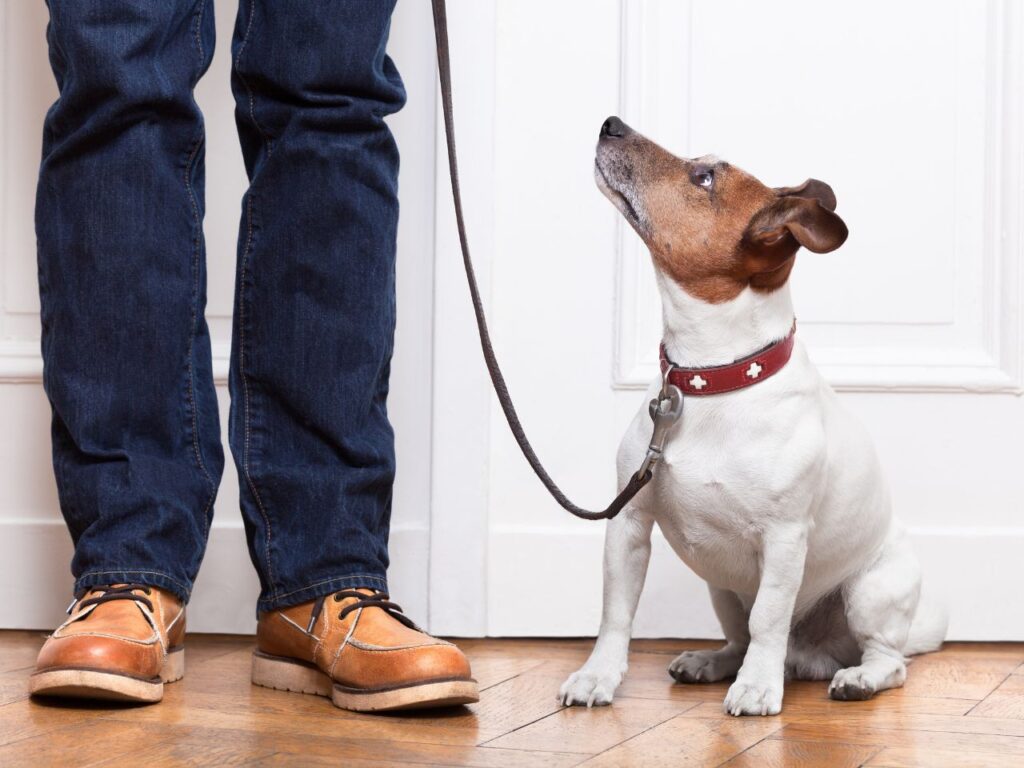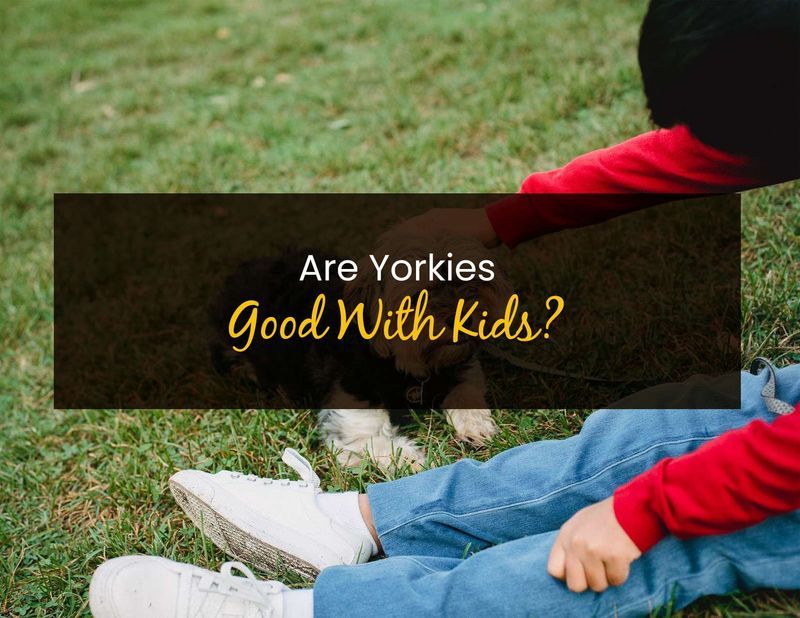Children learn confidence and responsibility in caring for pets. As your child develops a relationship with her pet, she will feel the urge to do what she can to ensure that her furry friend is happy and comfortable. Pets provide comfort for children looking for someone to talk too.However, while it sounds perfect to introduce pets to children at a young age, some pets are not suitable for small children. The safety of both your child and their pet will rely deeply on your depth understanding of how to care for your special animal and how you teach your kids to care for them.FishAgain, fish landed as the most ideal pet for small children. They require little upkeep and attention and they don’t take up much room. Depending on how responsible your child is, they can be kept inside your kid’s room to add a more relaxing vibe. They are quiet and can provide a listening ear for your children when they need it.
- Betta fish: Betta fish can happily live alone and noncompatible living with other fishes in the same tank. Although, if you have a big space aquarium, a female betta may be able to live with other fishes. A safer option if your child insists on having another pet live with their pets are nonfish species like snails and ghost shrimps.

Living with a betta fish is a fun and exciting experience not only for your child but also for their pet. Betta fish swims about excitedly when they see their special human. They are an intelligent breed of fish that is very curious about their environment so adding new items in their tank will not only beautify their home but also help them exercise mentally.
- Gold Fish: Goldfish are easy to care for and get along with most other fishes. They like living with artificial corals so if your child is into beautifying the tank of their pet, they’ll have a great time with goldfish. However, contrary to common belief, goldfish are not as low maintenance as betta fish. They have a fast metabolism so they eat a lot and well, poops a lot. This said water change should be done frequently even with tank filters available.

RodentsSurprisingly, these small mammals make excellent child friends due to their intelligence and social nature. Their size and living status make them an easier pet-keeping option. They are a great furry substitute for dogs and cats when you think that your child is not yet up for a big responsibility.

Here are some of the best rodents for small children:
- Gerbil: Compared to other rodents, gerbils are less likely to bite. They are diurnal pets that sleep and play in shifts. Gerbils are better off living in pairs. Watching gerbils play inside their cages is a lot of fun which is an advantage if you don’t want your child handling their pet.
- Rats: Rats may look like big mice but they differ a lot in personality. Domesticated rats are odorless and despite what you think, are very clean. They are very intelligent rodent that can be taught basic tricks.
- Guinea Pigs: Guinea pigs are known for their tricks like jumping and popcorning. They are usually happy pets that love being held and petted. To show their appreciation for your affection, they make a purring noise whenever they are petted. They are a smaller version of fuzzy rabbits.
- Hamsters: Hamsters are interactive with children. Though they take longer to tame compared with rats and gerbils, how they play inside their cage is quite entertaining for small kids. If your kid is often awake during late nights and early morning, they’ll have a great time with hamsters as pets.
CatsA cat can bring your child joy and teach him a variety of important lessons. They help your little one fight back feelings of loneliness while engaging in some feline fun. By letting your child pet a cat, you can teach them how to respect and care for others aside from their own.

Here are some great cat breeds that usually suits children:
- Birman: Birman is not hyper-active cats that your child’s energy level can match. They are a great companion when your children are practicing social skills. They are great with other kid visitors too and make a good company on playdates.
- Ragdoll: Ragdoll loves attention but will only take what they can get from their owner. This makes it easier for your child to focus on other things and not just petting their furry pet. They also enjoy family walks in the neighborhood.
- Himalayans: Himalayans are active but quiet dogs. They love to play evening games but also know how to respect sleeping time. They are great indoor-only cats.
DogsThe reason why dogs did not make it on the top of our list is that not all breeds can match small kids. While they are great playmates, some are more fit for rambunctious older kids than small children. Dogs that have gentle demeanor, friendly attitude and trainable nature are more suited for small children. They can teach your kid responsibility, compassion, and cooperation. Make no mistake, as an adult, you’ll still do most of the maintenance task so better choose a less demanding breed.

To make it easier for you, here are top choices for a dog breed that are suitable for children:
- Bernese Mountain Dog: These gentle giant can weigh 100 pounds but sweet and warmhearted underneath
- Boston Terrier: Their tuxedo-like coat is very low-maintenance. They are quiet type breed that loves to play games with kids
- Bulldog: Bulldogs are even-tempered dogs and tend to be over-protective to kids. They enjoy a laidback lifestyle with long good snooze and regular walks.
- Pug: Pugs are playful and affectionate with children. They are very easy to train and maintain. They also love to eat and sleep. They can even join movie nights with your family.
- Brussels Griffon: These cute furry dogs are perfect for small children. They are energetic and love to play but don’t do good with rough games. They are child appropriate with small children ages 3-8.
BirdsIt is still debatable if birds are good pets for small children. While they are social intelligent pets, they require demanding care from there caretaker and they don’t get along well with small children. But what most of us do not know is that few bird species can coexist with small kids in one environment.

- Finches: These birds require minimal interaction. They can be watched from afar and their soft chirps and chatter are very relaxing. These birds don’t care much with human interaction but instead crave attention from fellow birds.
- Parakeets: Unlike finches, parakeets can tolerate handling and can learn how to talk. They bond strongly with their owners and have a gentle personality. Small children will surely have fun teaching them to talk.
- Peach-faced lovebirds. Aside from daily feeding, water changing, cage cleaning, these birds need one on one time with their special human which is why they are great for a small child who’s looking for someone to talk to aside from their parents and relative. They are energetic and known to do some tricks. They can also be taught how to talk and have a moderate noise level.
Hermit CrabsHermit crabs are pets for all ages, They don’t bite and require very little maintenance that can be taught to small children. They do not need to go to the vet and are not carriers of any human disease. They have low maintenance and do not need ant supplementary vitamins.

Hermit crabs are fun and friendly. You’ll never hear stories of them being aggressive. Watching them play, climb, dig, tumble and eat is like introducing a miniature version of nature to your child. They are social animals that thrive in groups or pairs.Sea MonkeySea Monkeys are great introductory pets to children if you want them to start taking responsibility at a young age. They are special brine shrimp that has 3 eyes with tails that looks like monkey’s tail. Your kids can have all the fun watching sea monkeys swim without quite a hassle on your part. They only need to be fed once a week.

Sea monkey is perfect for children who insist on having a pet but does not know what it entails.Leopard GeckosLeopard Geckos are a unique type of gecko because they have vocal cords that allow them to squeak and bark. They make fun and exciting perfect started pets for little hands that are ready to learn to care for a living creature.

One of the great things you can teach your kid by caring for a leopard is learning to handle them carefully. Like most lizards, they drop their tails when they feel frightened which needs to be taught to their little caretakers.Leopard geckos are always recommended to be kept in their tank. They are known carriers of salmonella so they should also be kept away from foods and should not be handled by small children.Pets to avoid for small children:RabbitsHaving a pet rabbit is not as easy as what is shown in advertisements where they are cuddly to their caretakers. Rabbits are prey animals, that get easily startled with loud noises and lurching noises. They require gentleness when getting handled that small children often do not understand. If they are snuggled too hard, they bite and scratch in response. You’ll likely end up with a crying child and an injured rabbit when this happens.FerretsFerrets are not recommended for starter pets to children below 7 years old. They are demanding pets that require maturity to their caretaker. They have a stubborn streak and it will take time to train them not to nip or bite. They ‘re more likely to require care from a parent than a small kid.ChinchillasChinchillas are demanding types of rodents. They have very delicate fragile bones that if squeeze hardly will harm your chinchilla. Aside from that. They don’t appreciate being held and cuddled. When they feel uncomfortable, they’ll bite, nip or even pee on their handler which can be disappointing for small children. If your child insists on chinchillas you can try to look for chinchillas that demonstrate curiosity as they’re more likely to tolerate handling better.Small Children and Pets Safety Rules:
- Never leave a young child unsupervised with any types of pet
- Don’t let your child touch a dog or stand near him during times of heightened excitement
- Make sure your children understand that a pet is a living creature to be cared for and respected
- All animals are potential carriers of disease and bacteria. Thorough hand washing should be done every after interaction of a kid with an animal.










